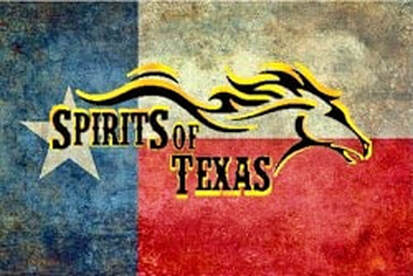August 11, 2021
Today in Texas history
By Bandera Spirits of Texas
On this day in 1914, a mysterious fire destroyed the Duval County courthouse and most of the evidence of illegal activity by South Texas boss Archer Parr and his political machine.
Parr arrived in Duval County in 1882 at the age of 22. In 1907 he took command of the Democratic machinery and established himself as the political boss of Duval County. The key to his success was the Hispanic vote, which he controlled through a combination of paternalism, corruption, and coercion. He also converted the county treasury into a political slush fund for the benefit of himself, his associates, and his impoverished constituents, who received informal and modest welfare payments.
In 1914 a preliminary audit of the county financial records conducted by his opponents revealed 14 types of illegal activity, but the courthouse fire crippled the investigation. Undeterred, a local grand jury still indicted Parr, who had just won election to the Texas Senate, and ten Duval County officials on various charges of corruption. The cases, however, collapsed for lack of evidence.
By the time of his death in 1942, Parr had used his control of Duval County to build a vast personal fortune, and his son George, who had pleaded guilty to income tax evasion in 1934 and had served a brief term in prison, was already in control of the political machine that continued to dominate Duval County until 1975.
Parr arrived in Duval County in 1882 at the age of 22. In 1907 he took command of the Democratic machinery and established himself as the political boss of Duval County. The key to his success was the Hispanic vote, which he controlled through a combination of paternalism, corruption, and coercion. He also converted the county treasury into a political slush fund for the benefit of himself, his associates, and his impoverished constituents, who received informal and modest welfare payments.
In 1914 a preliminary audit of the county financial records conducted by his opponents revealed 14 types of illegal activity, but the courthouse fire crippled the investigation. Undeterred, a local grand jury still indicted Parr, who had just won election to the Texas Senate, and ten Duval County officials on various charges of corruption. The cases, however, collapsed for lack of evidence.
By the time of his death in 1942, Parr had used his control of Duval County to build a vast personal fortune, and his son George, who had pleaded guilty to income tax evasion in 1934 and had served a brief term in prison, was already in control of the political machine that continued to dominate Duval County until 1975.


